Why choose Mali as the site to test the concept?
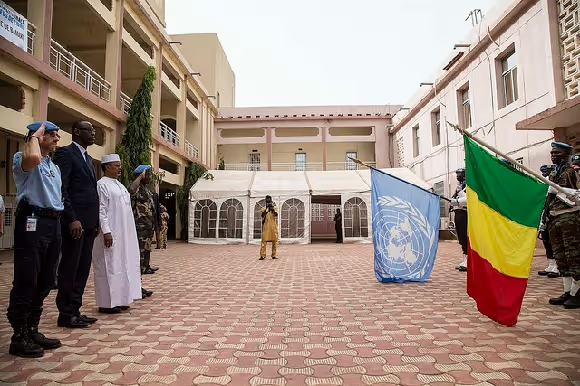
The community based approach to the mapping, modelling and monitoring of endangered heritage sites needs to be grounded in the real issues faced by remote or isolated communities, if they wish to preserve their history, culture and local skills.
Mali was prioritised for a field trial because of its rich heritage and the active engagement of the international agencies, particularly UNESCO, in supporting heritage stewardship. Mali is home to four World Heritage Sites: the Old Towns of Djenné, the Tomb of Askia, Timbuktu and the Cliff of Bandiagara (Land of the Dogons).
Testing the ideas with the local community of Djenne will help to prioritise what is important about our approach and to develop a coherent solution that can be refined as we move forwards.
Mali was in the spotlight recently for the establishment of an important precedent regarding heritage. In the first case of its kind, Ahmad al-Faqi al-Mahdi was tried at the International Criminal Court in August 2016 for war crimes against a World Heritage site during the time that he headed the ‘moral police’ of the jihadist rebel group Ansar Dine.
Mali, along with Syria, was recently chosen by the American Academy of Arts and Sciences as a case study to look at how the international community could create a protocol invoking a responsibility to protect endangered cultural heritage.
Mali also has a high profile role in Francophone Africa and will host the 27th Africa-France Summit in January 2017. Mali’s Ministère de la Culture has taken the initiative of creating, with UNESCO, a ‘Passeport pour le Patrimoniebiensculturelsàpréserver’ to raise awareness of the laws and monuments, so that ‘everyone can “live with their heritage”. Heritage protection in Mali is acutely needed and represents both a national and international priority. We have chosen to work with the community of Djennéfor the first stage of this initiative.
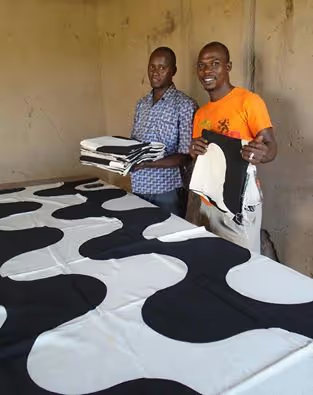
Djenné – at risk, but not immediately on the front line
Djenné sits roughly half way between the capital Bamako and Timbuktu,but has become isolated as insecurity has spread in the north of the country. As a result, the practical and financial support it receives as a World Heritage Site has shrunk along with the number of tourists, architects, donors and other interested parties, who used to ensure support for heritage conservation in Djenné.
Without the engagement of the local community, the vernacular architecture will not be maintained and the deterioration seen in recent years will not be repaired. The best way to engage the community is to show obvious socio-economic benefits.
Extraordinary local partners:
In Djenné, the use of digital technology has been pioneered in the digitisation projects sponsored since 2009 by the Endangered Archives Programme, in close collaboration with the British Library and Arcadia at the Djenné Manuscript Library. The EAP has financed four consecutive projects which have been carried out by locally trained staff as they have digitised these endangered Arabic manuscripts.
There are thought to be at least 10,000 ancient manuscripts in private hands in Djenné and neighbouring villages. By the end of the current fourth project the library will have digitised close to half a million pages. This involves weekly visits by archivists to the out-lying villages, accompanied by a person known in the particular village and under the auspices of the village chiefs.
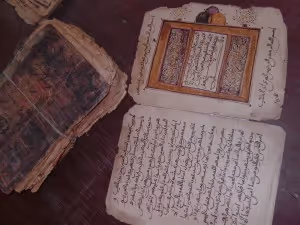
The oldest holding in the Djenné Manuscript Library dates from 1394. The digitised images are stored on hard drives and an access copy is available for researchers. The entire collection will be stored at the Archives Nationales in Bamako and released on-line by the British Library in 2018.
The threat to the Djenné manuscripts was highlighted by the destruction of manuscripts in Timbuktu by the Jihadist occupiers. But the acute iconoclastic threat in Djenné is perhaps eclipsed by the chronic threat from environmental hazards such as termites and water.
Malimali is a social enterprise in Djenné that has supported a range of social outreach programmes over the last decade, including sponsoring calligraphy competitions at the Djenné Manuscript Library. It has two distinct parts: Malimali Projects, Malimali Studio.
MaliMali Projects covers grass roots Health and Education projects in and around Djenné. MalimaliStudio creates employment opportunities through artisanal ‘Bogolan’ textile manufacturing and design. Malimali used to sell all its studio products through a shop at a local hotel; Hotel DjennéDjenno, but because of the decline in tourism it now sells exclusively online, which highlights the importance of digital connectivity for isolated enterprises.
It can be safely claimed that the digitisation projects at the Djenné Manuscript Library and MaliMali’s on- line operation are the only examples in Djenné of digital exploitation today, run by local people. They are inter-connected and both are willing to engage in finding solutions and personnel for this new initiative.
The successful digitising of endangered manuscripts and Malimali’s social enterprises could be a springboard for the use of digital technology to map and monitor Djenné’s sites using aerial photography.In such a context it is rare to find programmes with complementary expertise one can build on: that is definitely the case for us in Djenné.
Stay updated
Sign up for our newsletter to receive regular updates on resources, news, and insights like this. Don’t miss out on important information that can help you stay informed and engaged.
Related articles
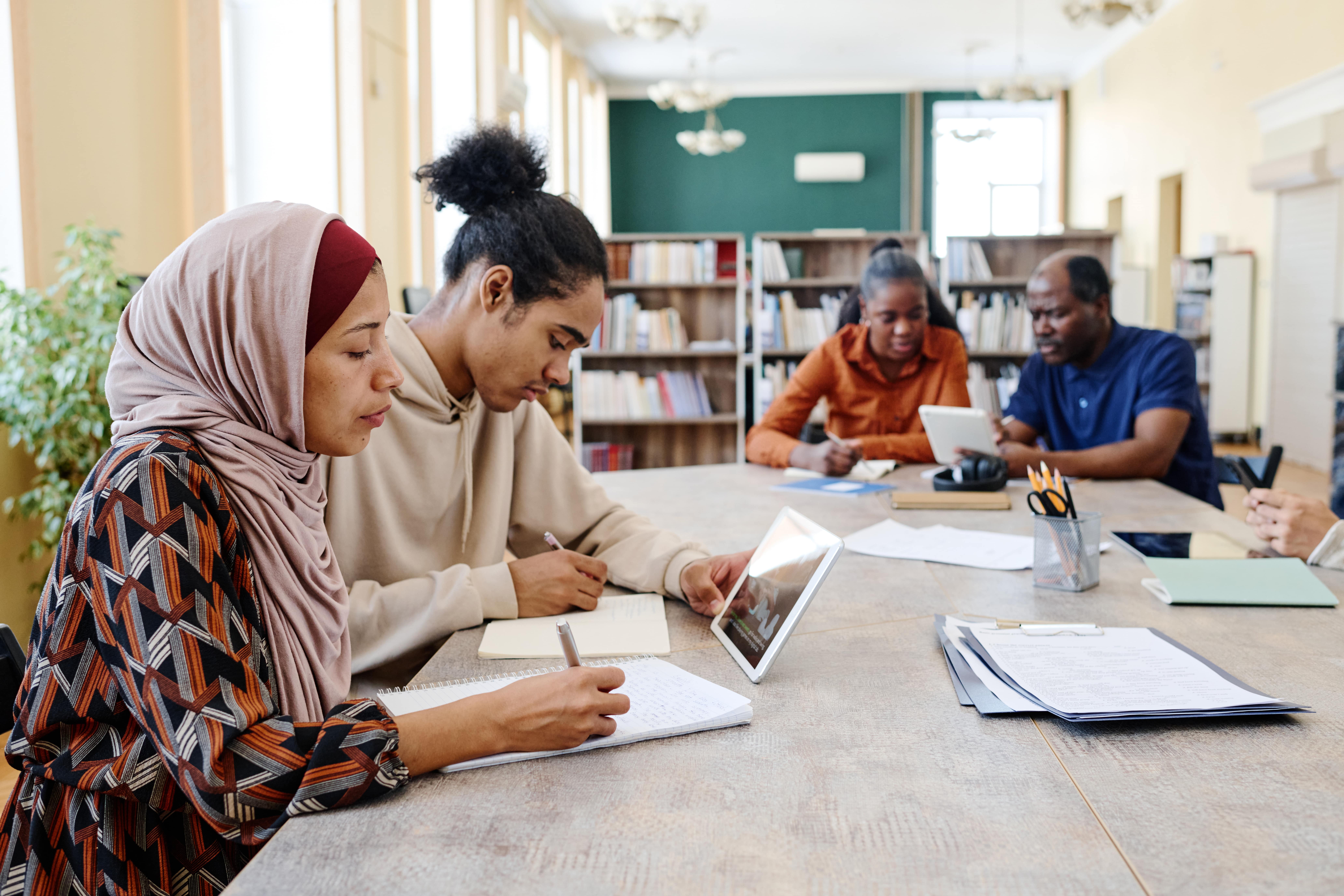
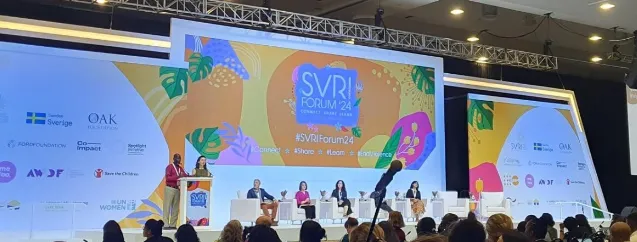
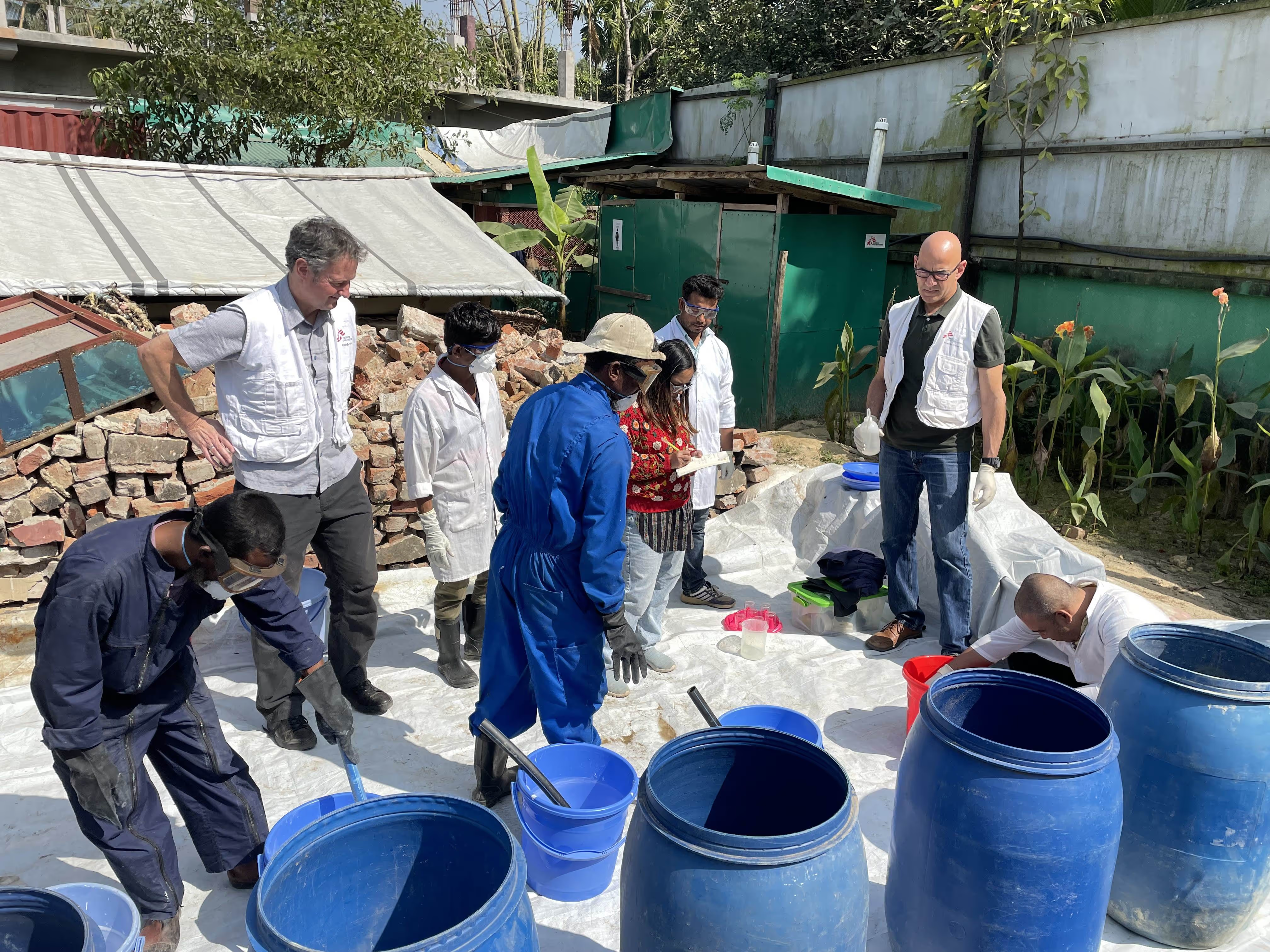
Explore Elrha
Learn more about our mission, the organisations we support, and the resources we provide to drive research and innovation in humanitarian response.